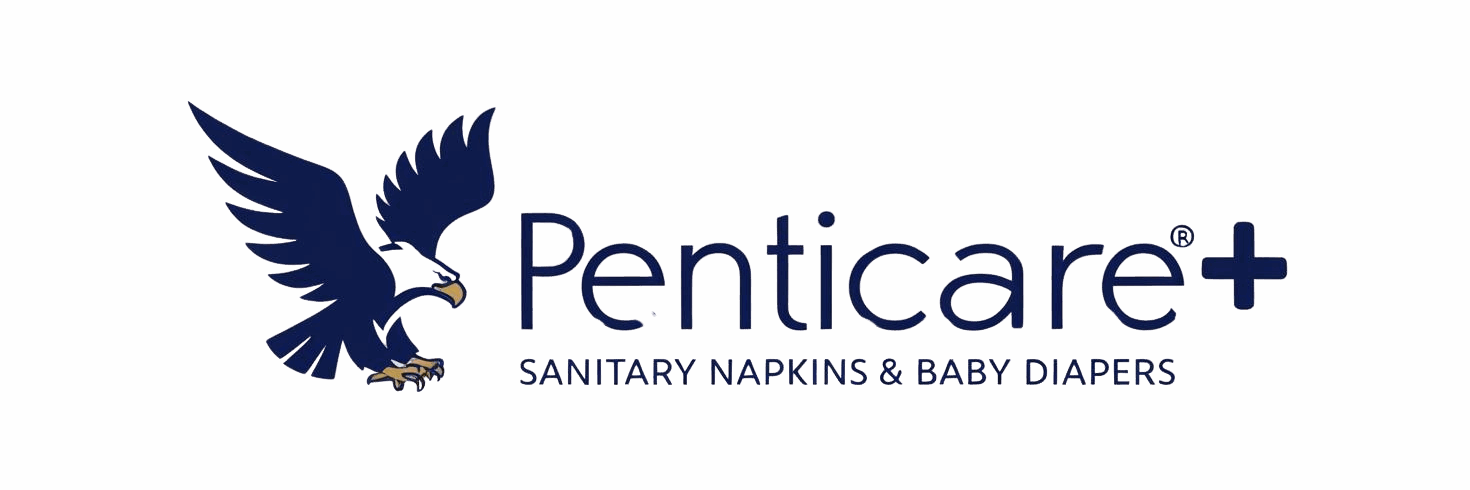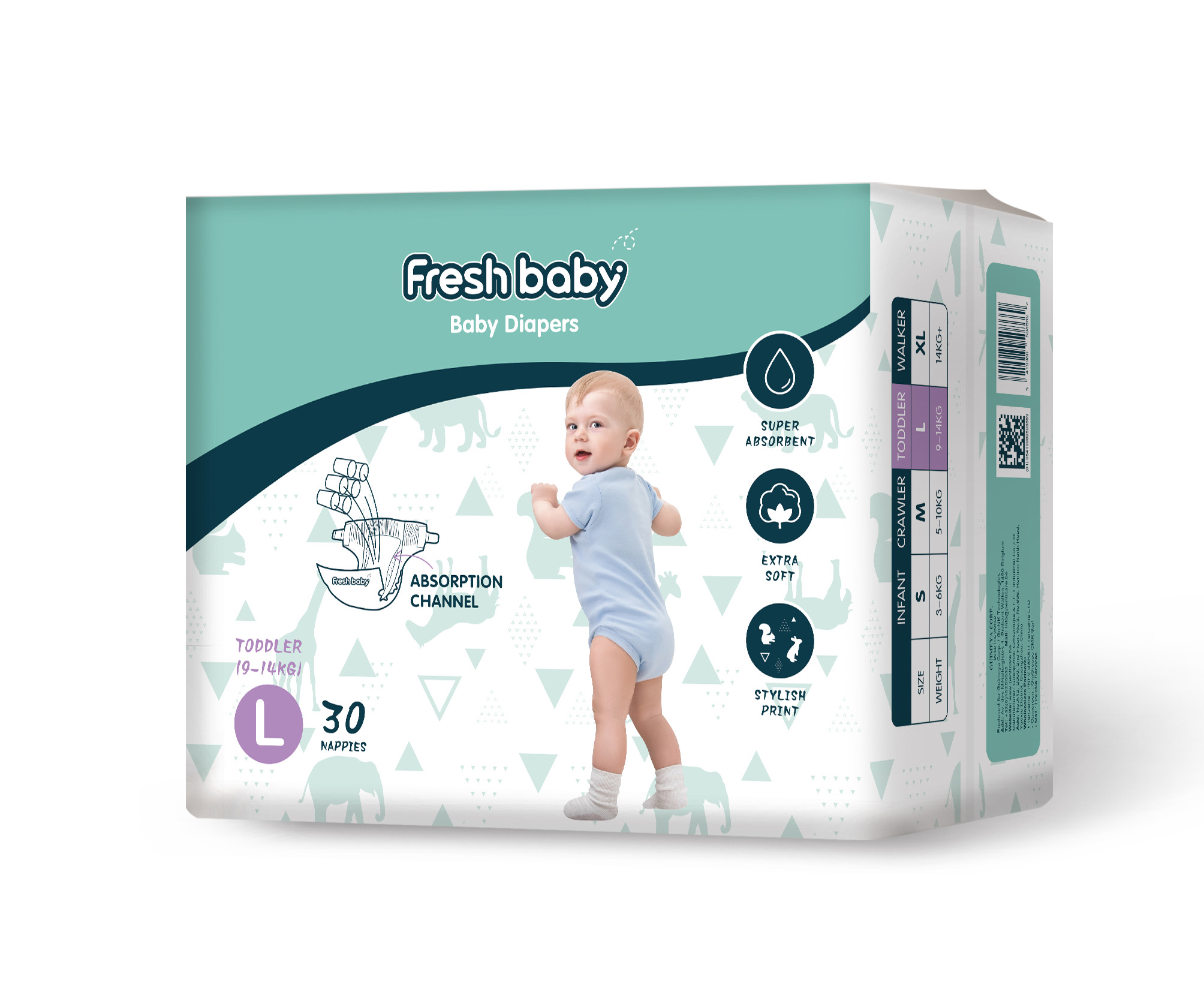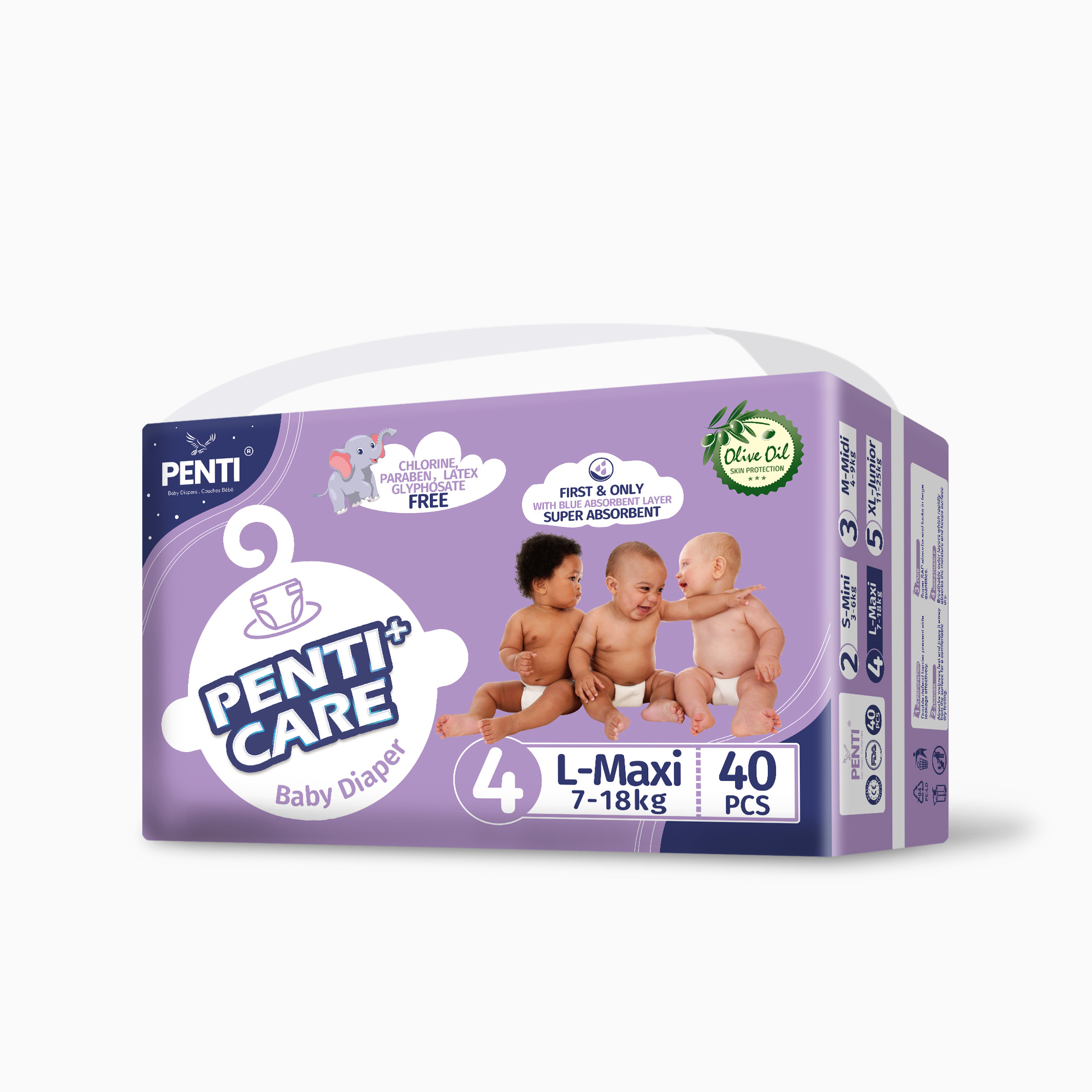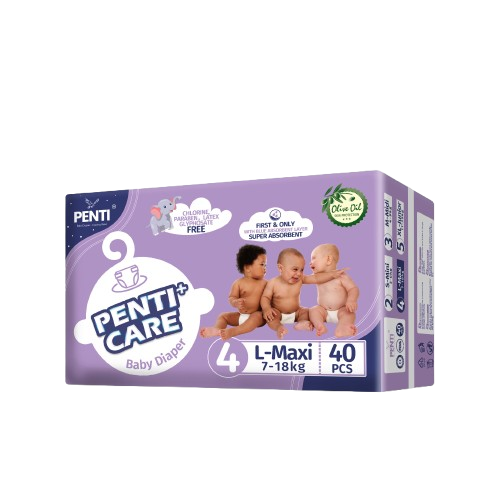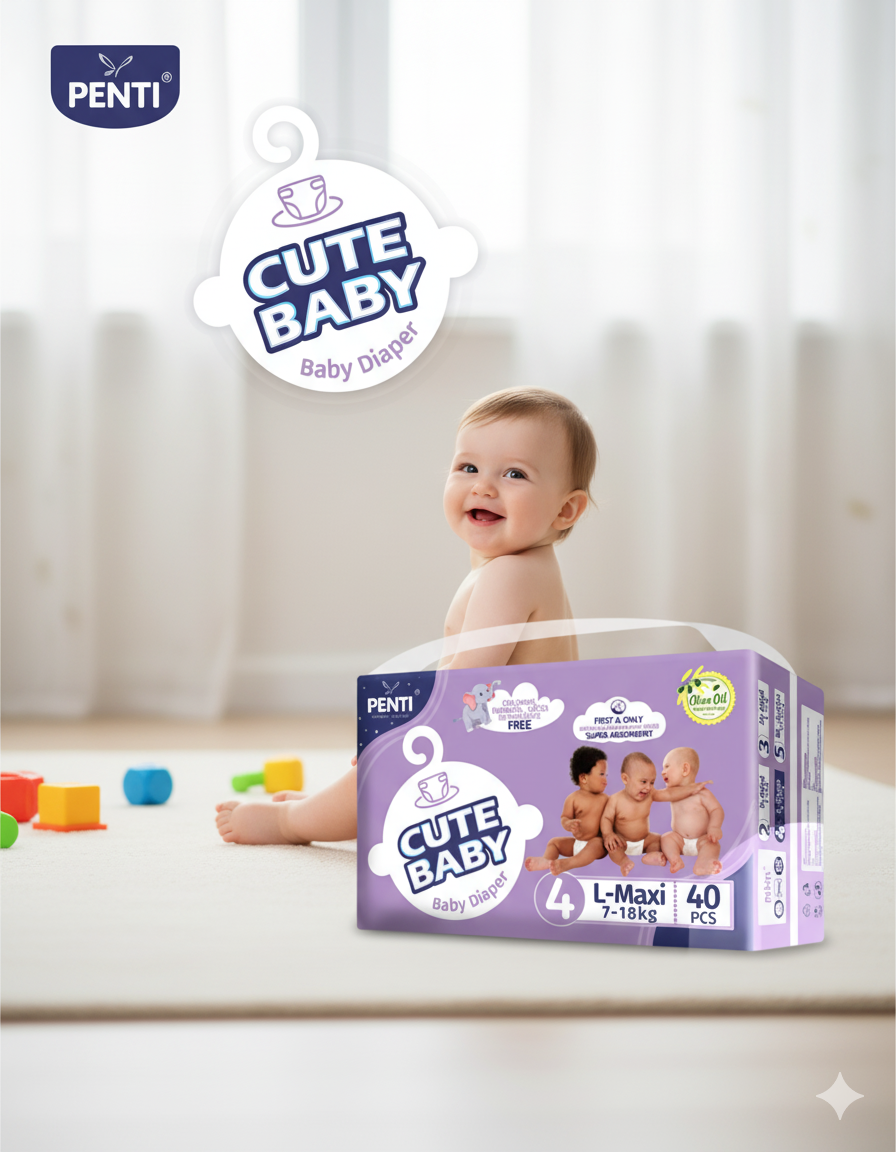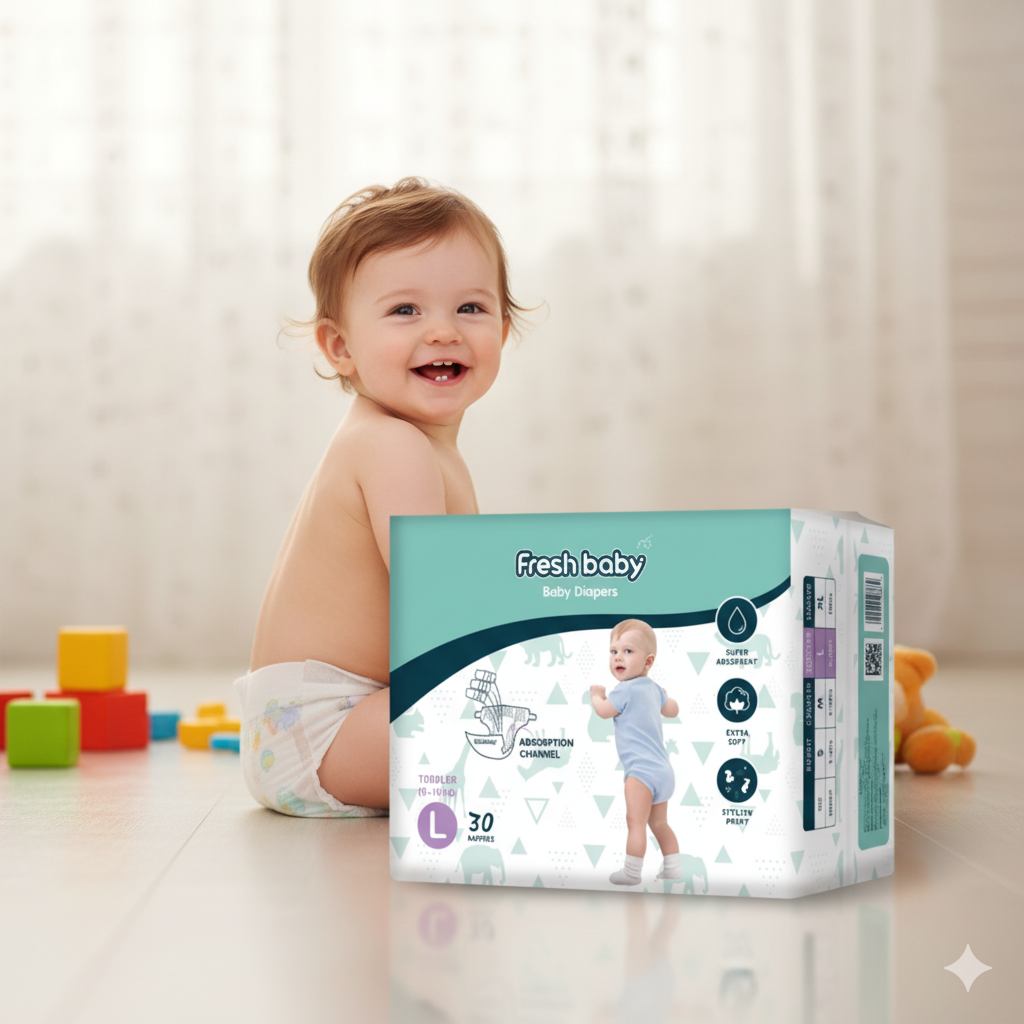🚼 Toddler Development (1–3 years)
After the first year, your child begins exploring the world even morewalking, running, climbing, exploring everything.
Motor skills
first words appear, then simple sentences.
Language
complementary foods continue. Encourage fruits, vegetables, and nutrient-rich meals.
Nutrition
every child is different, but most learn between ages 2 and 3.
